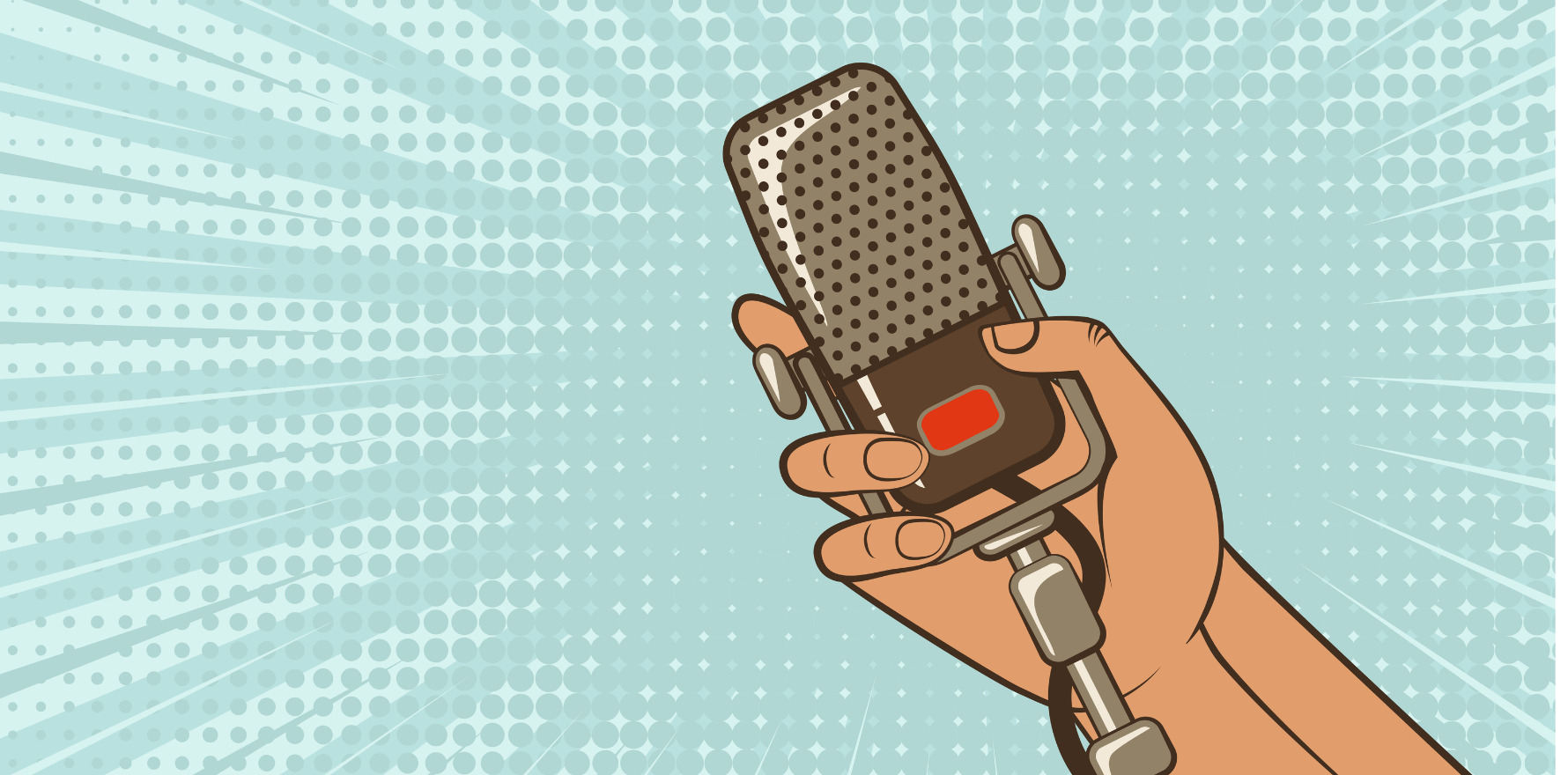Professor Anne Davidson talks about her cutting-edge work in the lupus basic sciences and Dr Ai Li Yeo shares the findings of her posters on repeat autoantibody testing.
It was my pleasure to talk to an absolute superstar in basic science research, expat Aussie Professor Anne Davidson.
Anne’s a rheumatologist as well as a professor of molecular medicine at the Feinstein Institute of Medical Research and the Donald and Barbara Zakka School of Medicine at Hofstra/Northwell. She’s a titan of research in lupus basic sciences and is the chair of the scientific advisory council for the Rheumatology Research Foundation.
Anne talks about a session she attended this morning by the Accelerating Medicines Partnerships on integrating data from both RA and SLE to address both general and disease specific disease mechanisms.
“We saw this morning the range of T cells that can be present in rheumatoid synovium and the patterns of T cells that are present in different, what we call endotypes, so different subtypes of rheumatoid arthritis that correlate with other immune cell types in the same regions.
“This is really a new kind of concept in rheumatology, that we’re going to find different kinds of inflammatory responses in different patients, and that this might translate into the need for different therapeutic interventions for these kinds of patients.”
She also talks about the research going on in her own labs with myeloid cells, using mouse models and human translational studies.
“We want to know what things are shared between mice and humans, so we can go back to mice, and do some of the mechanistic studies that are not possible to do in humans.”
Anne talks about her work and what she misses about Australia in this podcast.
I also caught up with Dr Ai Li Yeo, a rheumatologist based at Monash who’s taking time out to travel, do some observerships and study tropical medicine.
The Clinical Year in Review was one of her highlights so far, with a take home message of adding methotrexate to pegloticase for gout patients, although she says she doesn’t really get the opportunity to use that agent in Australia very much.
Ai Li has two posters at ACR, both part of her recently completed PhD.
“One is looking at the utility of repeating ENAs, so extractable nuclear antigens. And it really found that it very rarely changed when you repeated it so you really shouldn’t, because it also didn’t really change the diagnosis.
“And then the other one, which I think has been getting a bit more attention, is titled SMART-SLE. That stands for serology, monitoring and repeat testing in systemic lupus erythematosus. And it was really looking at a way to standardise serial double-stranded DNA tests.”
“It’s a problem in Australia, where patients go to different labs so it’s different assays and it was very hard to compare. And what it found, even when we standardise it using a ratio, actually the change in double-stranded DNA and the amount of fluctuation with it did predict a patient’s risk of lupus. So it’s actually important to keep repeating double-stranded DNA.”
Hear more from Ai Li, including her controversial take on the famous Philly cheesesteak, in this podcast.
Dr Julian Segan is a consultant rheumatologist at Melbourne Rheumatology Group and Alfred Health. He’s podcasting for Rheumatology Republic from ACR Convergence 2022 in Philadelphia.




